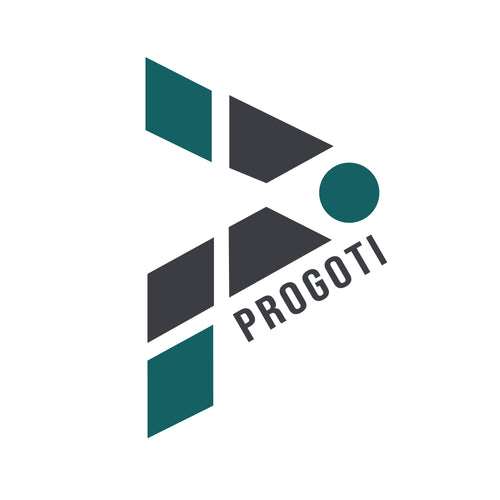When people meet us, they are surprised by our affordable prices and ask why we price our dresses at $35? The simple answer is because the cost difference in making our dresses is not huge, and we prioritize the welfare of our community. The bulk of a garment's cost is not in the materials or workmanship to make it. The reality is that retailers setting final prices largely decide how your money gets distributed across the supply chain that made your clothes.
We buy fabrics at merchant markets in Dhaka, Bangladesh, where remnant fabric rolls from large mills are sold. Fabrics represent less than 20% of our dresses' total cost. We pay on average $2.20 per meter of cotton fabric, and the cost difference for fabrics like viscose or corduroy varies slightly (within 50 cents) depending on supply and demand.
The traditional retail model prioritizes self-serving profits at the stake of humans further down their supply chain. The mindset is to keep costs as low as possible to have leeway for profits. As a small grassroots business, our approach is different. We prioritize developing fair partnerships with sewing shops to relieve them from hard-pressed timelines and costs of traditional retail. Our dresses are $35 because the cost difference to make them varies by a couple of dollars at most.
As a Canadian business, most of our costs are incurred in Toronto, and we feel accountable for our contribution to this community. We funnel back most of our revenues to local businesses helping us bring Progoti to life, from product design and warehousing to fairs and marketing our brand.
We believe in the power of collective action, and this pricing model is as close as we are to giving customers full decision on their impact. Our focus is to appeal to as many people as possible and share fair value with both sides of our community: consumers and makers. We want to make giving back affordable to anyone - even a $1 contribution adds towards our purpose.
It’s time to slow down in how we live and consume. There are similar drawbacks in these fast industries (fashion, food) - they take a toll on humans who have been made invisible by the industries themselves. For every $10 you pay for a fast-fashion product, less than $2 goes to the supplier and less than $1 to the makers of that garment. We stand against this mistreatment and need your help to continue doing so.

